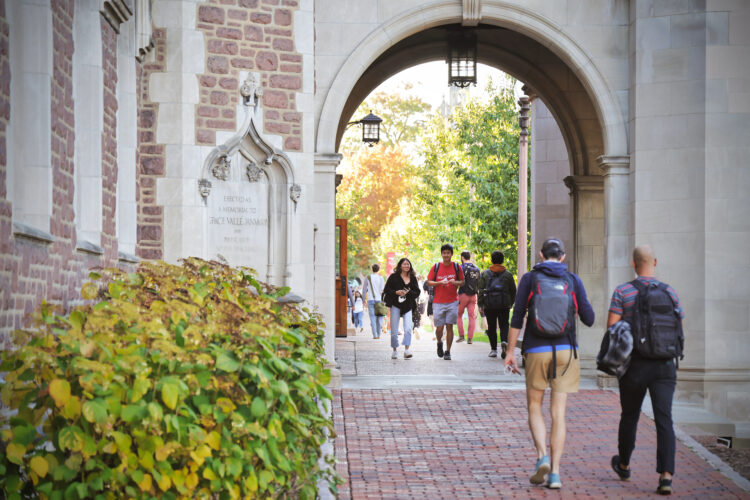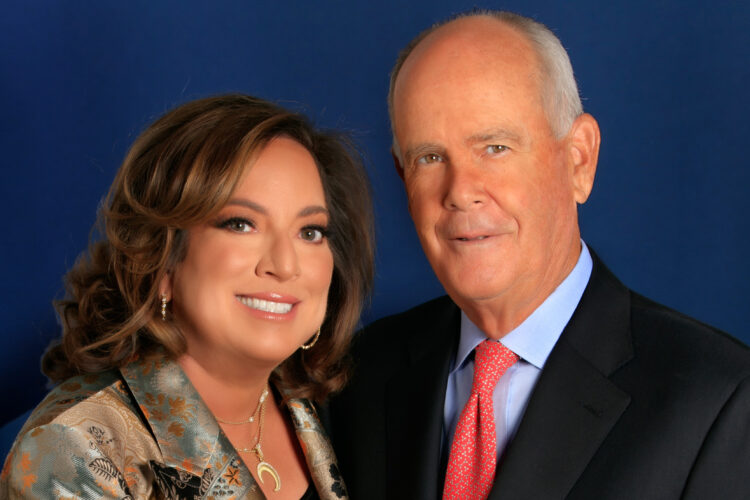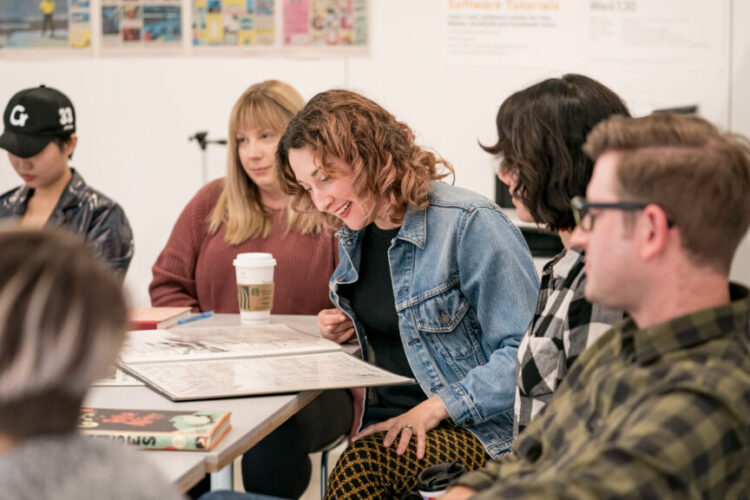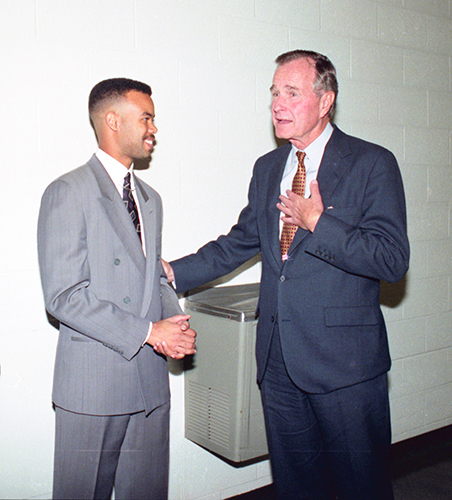
A profit and loss statement is one of three key financial documents issued by a publicly traded company. Commonly known as a P&L, it offers analysts and stakeholders a comprehensive look at a business’s financial health, particularly its ability to turn a profit.
If you speak to Gregg Walker, AB ’94, for any length of time, you will probably hear him toss around the term P&L at least once. Walker has built an impressively versatile career in business since graduating from Washington University with a Bachelor of Arts in economics. After earning a law degree from Yale Law School in 1997, he worked in investment banking at Goldman Sachs before transitioning to mergers and acquisitions and corporate development at media conglomerates like Viacom (now Paramount) and Sony Corporation of America. He even helped revive the Big Apple Circus, becoming CEO of the one-ring spectacle while also president and chief operating officer of Remarkable Entertainment.
Currently a partner and managing director at Muller & Monroe Asset Management, he applies the principles of business, like profit and loss, to his philanthropy. For him, the bottom line of annual giving is not a particular number or profit. It is the impact one gift—and one person—can make on WashU and its students.
Grateful and motivated to pay it forward, Walker became a first-time WashU donor as a student participating in his senior class gift. Twenty-five years later, giving back is a yearly tradition. Although he could offer only a small contribution as a senior, he has been able to grow his commitment to WashU over time. Since 1999, he has been a member of the William Greenleaf Eliot Society, the university’s giving club for donors who contribute $1,000 or more to the Annual Fund. He is now considered an Eliot Benefactor, a distinction given to those who make gifts of $5,000 to $9,999 each year.
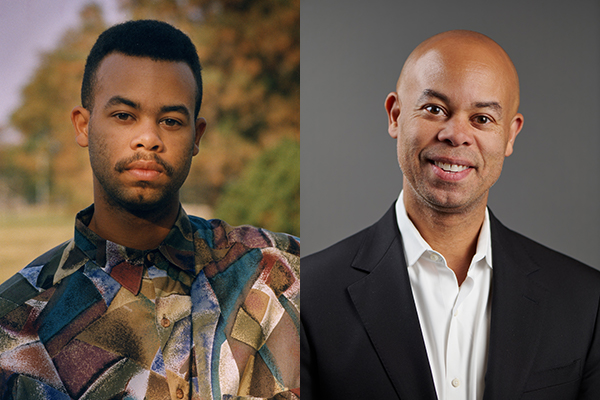
“Participation has a really profound effect on what the university is able to achieve,” Walker says. “Each year, WashU is ranked as one of the top schools for undergraduate experiences, and that excellence requires money.” However, tuition dollars and earnings on the endowment do not cover the full breadth of the university’s wide-ranging activities. To Walker, Annual Fund donors of every level are critical to the university’s P&L calculus because they step in to fill this gap.
Walker is especially passionate about making sure WashU can compete with peer institutions for talented students of all financial means, which is why he established an annual scholarship in the College of Arts & Sciences. He relishes interacting with his scholarship students and learning about their goals and accomplishments. “It’s wonderful to be a part of their stories, even as just a footnote,” he says. He is so committed to student financial support that he also created an endowed scholarship in Arts & Sciences.
Not everyone can afford to give at a high level, which Walker understands. But he nevertheless sees tremendous merit to becoming a WashU donor. “My friends and I often tell each other to ‘give until it hurts,’” he says. “That’s a different number for every person. But whether it’s $5 or $5,000, your engagement sends a powerful message.”
Philanthropy is considered an altruistic act, but Walker recognizes that giving brings its own benefits. Investing in WashU has made him more connected to the university. Through the Eliot Society, in particular, he has built valuable social and professional relationships by attending virtual and in-person events and serving in leadership roles. “The opportunities you get from joining the donor community far exceed what you give,” he says. “It is impossible to overstate the value of being part of the WashU family.”
Walker may be a longtime, loyal WashU donor, but he still takes stock of the university’s achievements each year before renewing his support. In that moment, he asks himself if WashU continues to live up to the promise and greatness he discovered as an undergraduate. So far, the answer remains “absolutely.”
Contact us to learn more about giving to Washington University.
